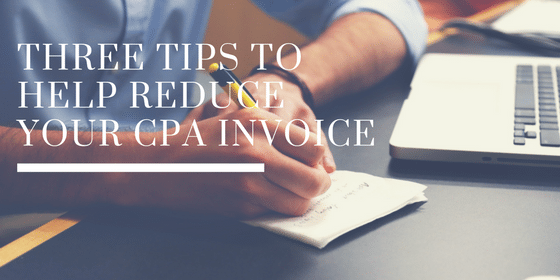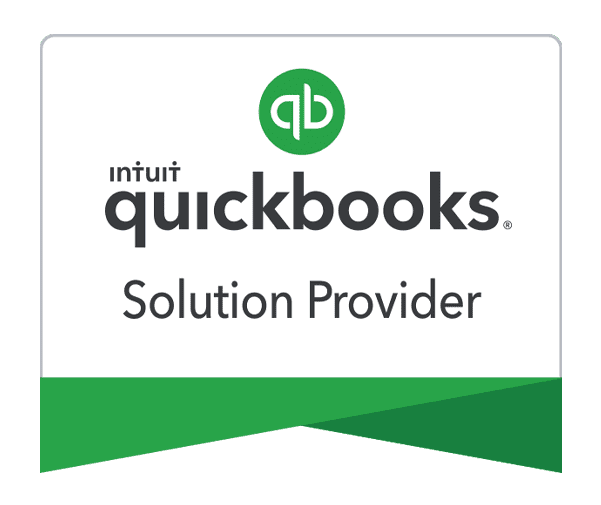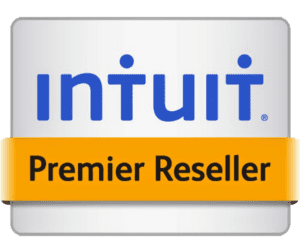
Pete Real
Now that the holidays are behind us, tax season will be here all too soon—especially given that the tax man is much less welcome than Santa Claus. Even if you handle your business accounting in-house, chances are that you use a CPA, or at the very least an enrolled agent (EA), to prepare your taxes, and those professionals charge by the hour. Following are some tips to help keep your tax preparation invoice as low as possible.
Don’t Procrastinate
Waiting until the last minute is rarely a good idea, and that’s no less true when it comes to taxes. Bear in mind that every client your accountant has will have to file a tax return (and in the case of many small business owners, several returns), and everyone has the same two deadlines: March 15 for corporate returns and April 15 for individual returns. Since certain tax-related documents such as 1099s are not due to the taxpayer until January 31, that leaves a rather small window of time for a lot of work to be done.
Certainly, your accountant will do his or her best to ensure that you meet all filing deadlines. But if you place your accountant in an impossible situation because of very little time to prepare your return (or other complications we’ll consider in a moment), penalties may become unavoidable. In the worst case, your accountant may be forced to refuse to prepare your return this year because he or she knows that a timely filing will be impossible. At that point you’ll be scrambling to find someone willing to take you on, and you can probably imagine several ways in which that situation can turn out badly.
Be Organized
If you present your accountant with a hot mess of recordkeeping, be prepared to pay for the hours it will take to turn that file box full of receipts and documents into something organized and usable. If you wait until the last minute and your records are as organized as three-year-old’s toy box, you will have gone a long way toward creating one of those impossible situations we were just discussing. Neither is recommended.
In many cases, your accountant will provide you with a PBC (provided by client) list sometime around the end of the year. This will detail what information and documentation he or she will require for your tax return preparation. Start gathering those items early, even if you know there are a few that will have to be added once the year actually ends.
Help your accountant with lists or summaries when possible. For example, if you made a large number of charitable donations in the past year, a listing of the date, recipient, and amount accompanying a neat stack of receipts will simplify your accountant’s job. You should also double-check to ensure that the amounts and totals match; if the accountant starts finding errors and loses faith in the dependability of your summaries, he or she is going to take the time to verify your work—and that means additional billing hours.
Build a Relationship
You should exercise care and take your time in choosing your tax preparer. However, once you’ve made that choice, you should think long and hard before jumping ship—assuming of course that the two of you work well together and that his or her expertise matches your personal and/or business tax situation. Hunting for the cheapest preparer every year is an excellent example of the old saw “Penny wise, pound foolish.”
Your preparer will become familiar with your tax situation over time and able to spot missing documents or discrepancies—for example, a missing mortgage interest statement or K-1. As the tax code changes, he or she will know in advance whether and how you will be impacted and can advise you accordingly. For this reason, you should also involve your preparer in business or personal decisions with a potential tax impact, such as purchasing a hybrid vehicle or installing solar panels, to ensure intended tax breaks work as planned. As an example, the tax credit on hybrid vehicles applies to only the first 200,000 sold per manufacturer, so the list of eligible vehicles can change from year to year.
Finally, as with any professional relationship—your doctor, your attorney, and so forth—you must be honest. Concealing something you find embarrassing, such as gambling losses or winnings or certain medical expenses, can hurt you. Your CPA or EA is a professional and will respect the confidentiality of your information.
This is by no means an exhaustive list, but it will certainly provide you with a starting point for keeping your tax preparation expenses as low as possible. Have an honest conversation with your preparer about what he or she expects from you as a client, document requirements, and deadlines. He or she will be glad to tell you what will save time and reduce billable hours.
















